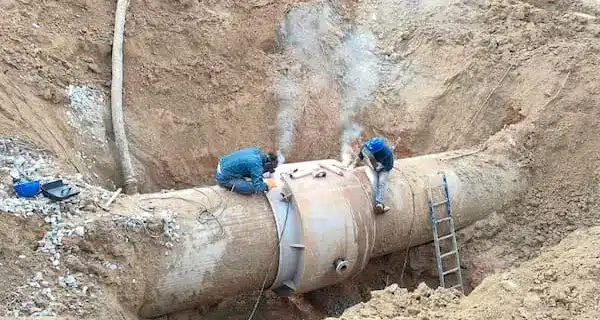Since its launch a year ago, the project to improve the performance of water distribution networks and leak detection has saved 10,000 cubic meters of water per day, the equivalent of the daily consumption of 70,000 people. This was announced on Tuesday Chokri Ben Mansour, central director of the water economy at the National Water Operating and Distribution Company (Sonede), during a meeting organized by the Ministry of Agriculture on the occasion of World Water Day.
This project, which spans five years, is part of the national water economy strategy and constitutes the fifth part of the integrated water resources management program in rural areas, managed by the Ministry of Agriculture.
The initiative aims to improve the technical efficiency of networks by reducing water losses, optimizing the use of available resources and generalizing the installation of smart meters. It also provides the cutting of networks into sub-section for better surveillance and the integration of computer applications allowing real-time monitoring.
Funded up to 70 % by the German Development Bank (KFW) and 30 % by the Tunisian State, the project currently concerns seven regions: Kairouan, Kasserine, Sidi Bouzid, Médenine, Tataouine, Gafsa and Gabès, with a planned extension to Grand Tunis and Sfax.
In addition to the renewal of 1,000 kilometers of aging networks and the modernization of the main pipes (600 mm and 1,000 mm in diameter), the program includes the acquisition of surveillance equipment and software, the digitization of hydraulic infrastructure and the capacity building of field teams. Particular attention is paid to the detection and repair of leaks thanks to the purchase of advanced equipment and the training of specialists in this field.
With these measures, Tunisia intends to strengthen the resilience of its water distribution network and better manage an increasingly precious resource in the face of the challenges of climate change.








